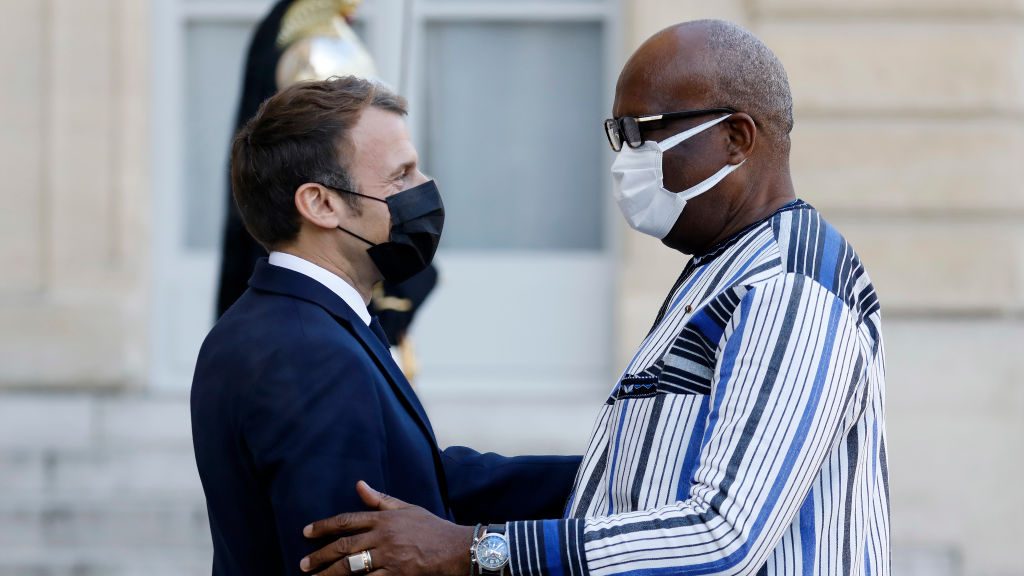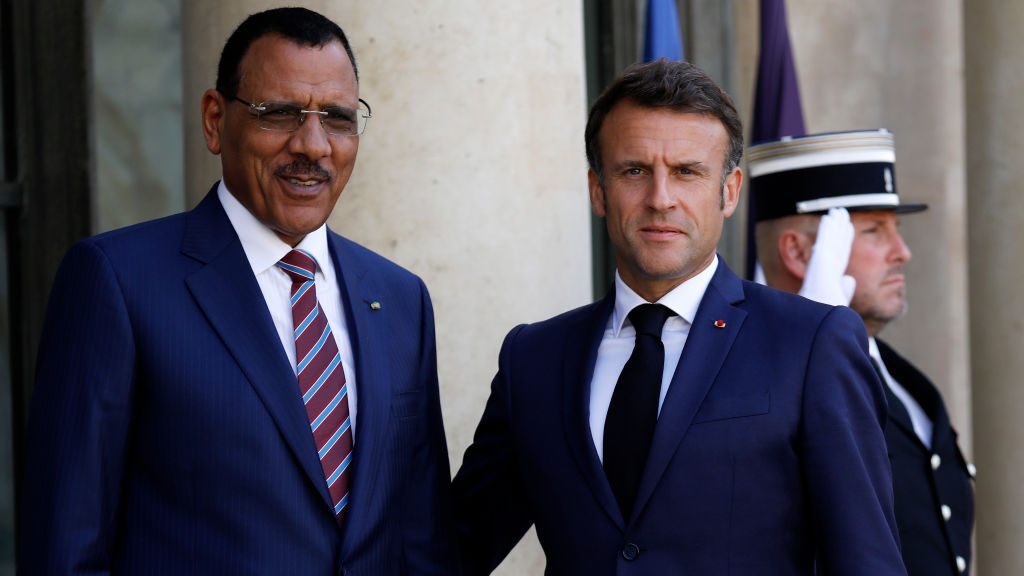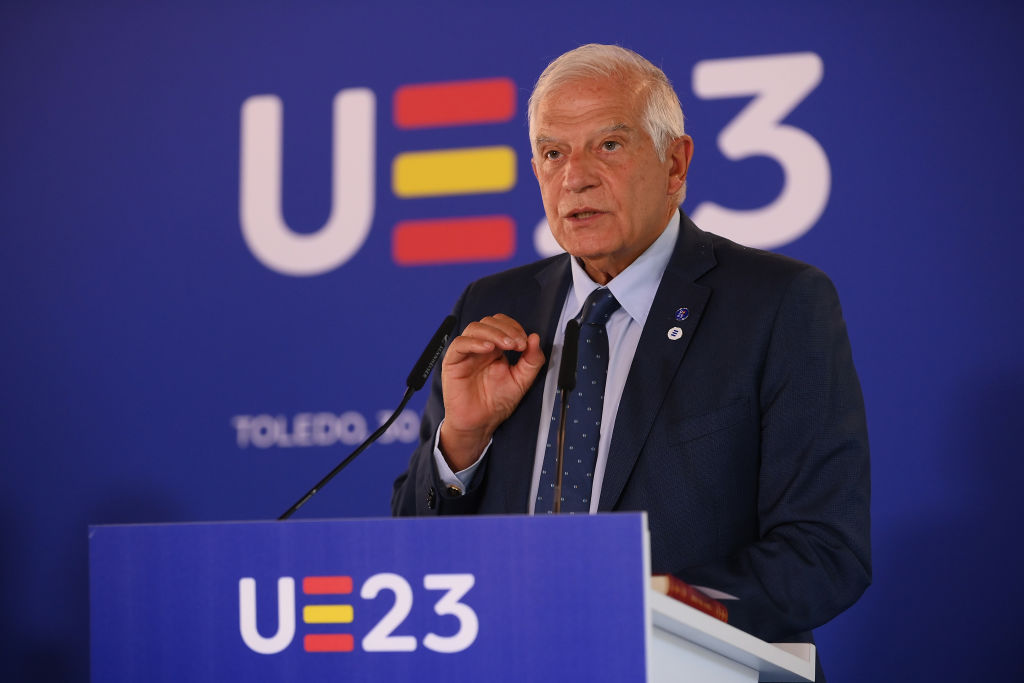France is to close its embassy in Niger after Paris and its ECOWAS partners were unable to overturn a military coup five months ago in the country.
The embassy has struggled to operate since the July coup, with the compound blockaded by the army junta forces now in power, say French diplomatic sources.
France’s embassy is “no longer able to function normally or carry out its missions”, an official told Le Figaro.
“Taking note of this situation, we have decided to close our embassy soon,” said the official, adding local embassy employees would be “fired” from their jobs with compensation.
News of the embassy closure coincides with France’s military withdrawal from the state.
The last French troops stationed in the country–part of a now abandoned French counter-jihad presence in North Africa’s Sahel region–will leave on December 22.
The evacuation complies with the new government’s demands for all French forces to leave the country.
The junta in September kicked out the French ambassador, Sylvain Itte, after detaining Itte for a month.
While the embassy itself initially stayed open in the wake of Itte’s forced departure, insiders describe conditions for the embassy as quickly becoming unviable in the coup’s wake.
Businesses in Niger supplying the French embassy were quickly forced by government coercion to stop doing so.
Even taking out rubbish had become difficult in the embassy’s final days, with officials removing waste before dawn to avoid detection by the junta’s military forces.
Niger's pro-Russian leadership has reneged on anti-migration legislation, paving the way for another influx of migration into Europe. https://t.co/WZ6MI8Qmma
— Brussels Signal (@brusselssignal) November 29, 2023
It represents an embarrassing end to France’s presence in the region, with Niger previously a core member of the so-called Françafrique sphere of influence.
Adding insult to injury was France’s initial defiance in the wake of the coup, with Macron originally insisting the revolution would be overturned, and the democratic government returned to power.
A threatened invasion of the country by the Economic Community of West African States (ECOWAS) also failed to materialise, with ECOWAS failing even to meet pessimistic estimates it would take two months to prepare a military response.
One of the winners of the upheaval has been Vladimir Putin’s Russia, with some countries of Africa and the developing world now forging closer ties with Moscow at the expense of the West.
One reasons for this political shift has been food shortages in much of the world, with third-world governments blaming Western powers for global supply problems.
France will pull its ambassador and remaining troops out of Niger in the wake of the July military-backed coup d’etat in the country. https://t.co/sIT8DVNghh
— Brussels Signal (@brusselssignal) September 25, 2023





